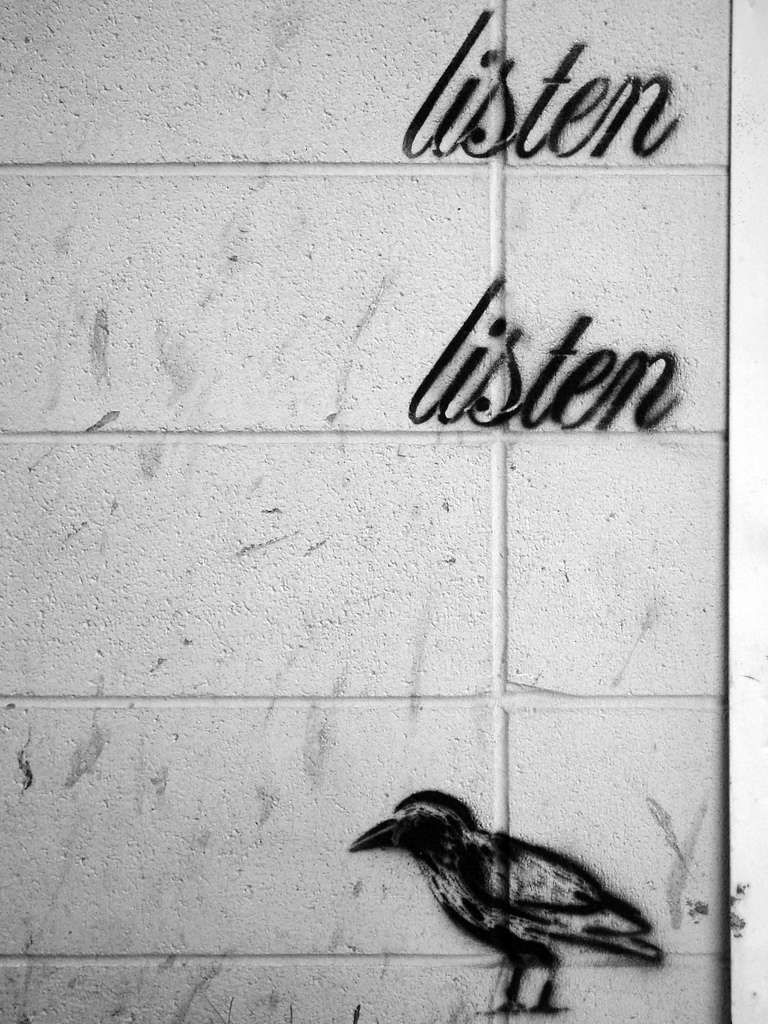You’ve been the envy of your circle of friends for months. They’ve followed you on social media, lived vicariously through your travels and most likely called you a lucky so-and-so when they got together on Friday evenings after a long work day. They’re looking forward to seeing you, but a lot of time has passed.
Vagabondish is reader-supported. When you buy through links on our site, we may earn a small affiliate commission. Read our disclosure.
On the other hand, you’ve been gallivanting around the world, living without the baggage that comes with being in an environment where your role is defined. You’ve stepped far outside of your comfort zone, had some philosophical epiphanies, some life-threatening escapades and a lot more travel added to your bucket list now. You’re looking forward to seeing those you love, but you’re not exactly the same person anymore.
How do you come back after so many months away (beyond just weathering the reverse culture shock)? And how do you find a place for yourself in everyone’s lives when you return? Here’s how you can reenter “normal” life gracefully after long-term travel:
#1: Not Everyone Wants to Talk About Your Trip
You’ll come back brimming with travel stories, only to find that a lot of your friends or family aren’t really asking. Either they want to tell you everything that’s happened while you’ve been gone, or they feel like they know it all through your blog or emails.
Maybe some of them don’t know how to start — how do you ask about eight months of travel? Maybe some are just glad you’re home safe and hope that now you’ll get around to grown-up stuff like finding a job again. Give them time to acclimate to having you back, let them comment on your tan or overgrown hair, and let the stories wait.
#2: People Want to Know The Bad News First
Fact: you’ll be asked more about the bad stuff than the good stuff. What was the worst thing that happened to you? Were people nasty to you? Did you fight with your boyfriend/sister/friend while you traveled?
It bothered me that nobody wanted to know about the most significant moment of my trip, or where I saw the most memorable sunset, or what it was like to live out of a bag. It’s possible that most people are afraid of all sorts of bad things happening when they travel, and maybe they’re asking just to confirm their suspicions.
I like to focus on the exciting/scary stories and save the bad stories (if any) for the closest friends. You don’t want to have to see that ”˜I knew it!’ face.
#3: Most People Are Not Comfortable With Long-Term Travel
Long-term travel upsets and unnerves many people – they just don’t get the “travel bug“. They don’t know how to respond to this unconventional behavior, and it comes out in different ways. We’ve had friends and family ask, “Now are you ready to settle down to a good job?”, “Is it out of your system now?” It bothers us, but we try to laugh it off.
Depending on how much you like the person who is asking, you could explain why travel is so fascinating for you, or tell them they’re damn right it’s an escape and what’s wrong with that? You’ve already ruffled their feathers anyway.

One Last Flight (Kansai, Japan) © Luke Ma
#4: You’ll Make People Want to Emphasize How Adventurous They Are
You meet a friend after months and settle down to have a chat. You’re expecting questions and have so many stories that you think will interest them. But there’s something about being faced with a long-term traveller that makes people want to assert how adventurous they are.
At the end of the evening, you’ve heard all about his family trip to a beach where they bravely tried a spicy curry. In these situations, give the gutsy traveller story due appreciation. If it really bothers you, segue into your story with a delicately timed, “That reminds me of the time I stayed with a local family and learned how to cook from them ”¦”
#5: Decide What You Want to Talk About
Before you get home, go through a mental list of the questions you’re going to be asked. You know your friends best, so you know what to expect. If you are not comfortable talking about how much you spent, or who you hooked up with, or how you worked out that visa snafu, make sure you have a few flippant replies up your sleeve.
#6: Understand How People Feel About Your Travel
While most people have envied you, there are some who think you’ve been irresponsible, some who think you’re just plain crazy and some who just don’t care either way. Their reactions will veer from admiring to downright dismissive, and you’ll be shocked because you’re not expecting it.
If you avoid bragging and take the time to explain why you chose to do what you did, you’ll have a better chance at getting them to see things from your point of view. You’ll also earn respect for being able to understand or at least listen to their point of view and maybe they’ll do the same for you.

Just listen … © hobvias sudoneighm
#7: Don’t Make Loved Ones Feel Neglected
You’ve been away for months. Maybe you’ve missed landmark occasions like weddings, 30th birthdays or new babies. Returning with only your own life in your head will make loved ones feel like you’ve lost interest in them.
When you start meeting people again after a long time away, take a minute to mentally review what has happened with them in the time you’ve been away. Get them to talk about that. It brings you back into the picture so you don’t feel like you’re still far away, and makes them feel loved.
Returning gracefully seems like it’s all about putting aside your own experiences and focusing on other people, and why not? It helps you move back into the space you left behind, and makes loved ones feel like you’re back in their lives again. And after all, that story about the time you stared down a bear can always wait awhile.


